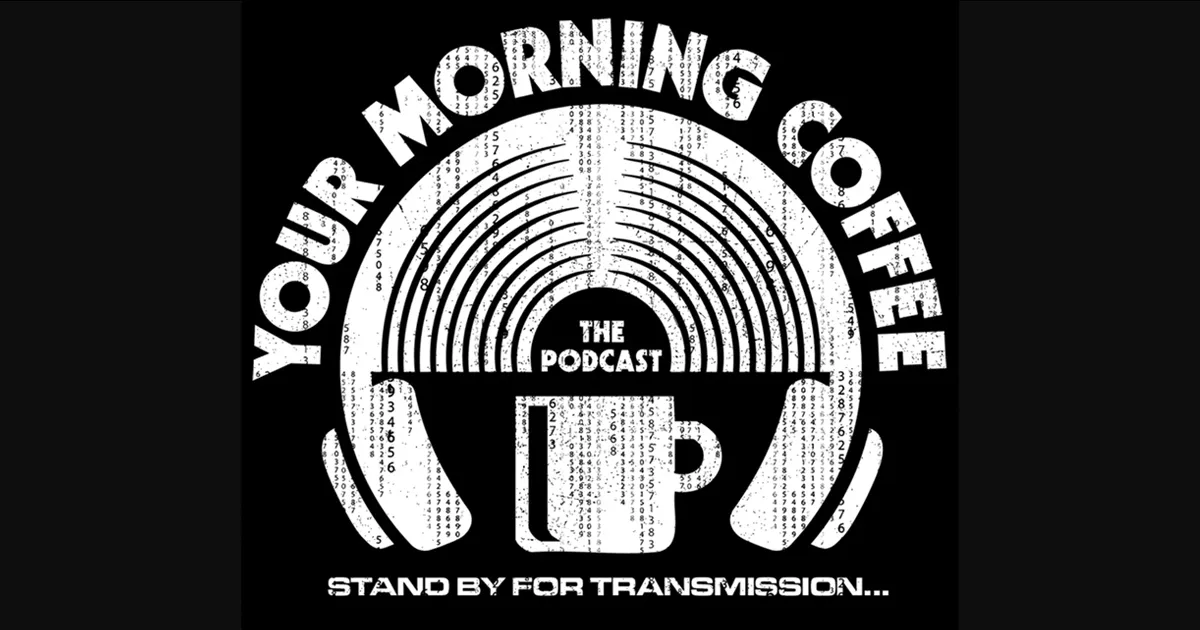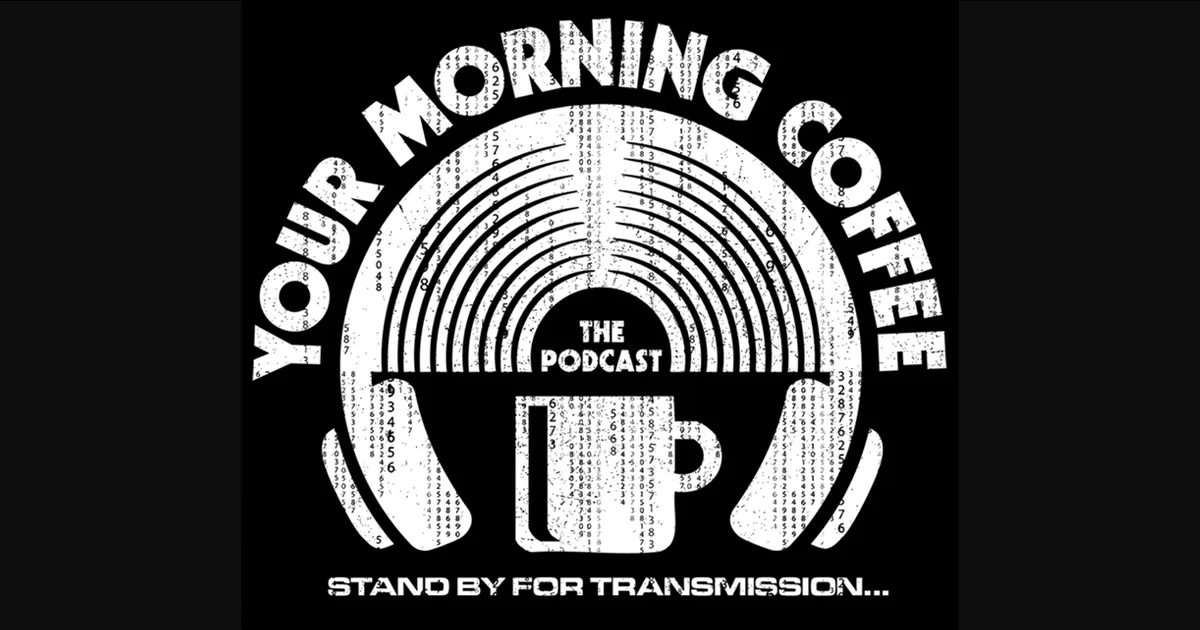_________________________________
Hi Drew, thanks for chatting with us. How did you get into music in the first place?Growing up I wanted to be a fighter pilot or a composer. Eventually I went to college to study music composition, and afterwards I was fortunate to have a job in Hollywood working with the composer Christopher Lennertz. I started from the very bottom and worked my way up, and I ended up working with Chris on blockbuster movies, TV shows and video games including Ride Along, Horrible Bosses, and Mass Effect 3.How did you and your co-partners develop the idea of Amper Music? My two co-founders, Sam Estes, Michael Hobe and I are all composers and have worked in this industry for a while. Sam and Michael worked on projects with Hans Zimmer such as Inception and The Dark Knight trilogy. We would have so many conversations with directors and producers who’d use stock music libraries to find music, which is not only time consuming and involves legal and financial hurdles, but also means that the music is not unique or customised to their purpose. So they’d ask us to write music for them instead, which of course isn’t always economically viable. We thought, “What if we could build a creative AI that would give you that experience of collaborating with a composer, within your time and economic framework.” So we got to work. "We have a core belief that the future of music will be created through the collaboration between humans and AI."We have a core belief that the future of music will be created through the collaboration between humans and AI, and we want that collaboration to propel the creative process forward. To facilitate this, we needed to teach computers to be intrinsically creative to enable creative relationships between humans and machines. We needed to combine high level artistry with ground-breaking technology. We began to create this AI, which became Amper, and over the past three years I’ve been incredibly fortunate to work with some of the most brilliant minds in the field.

Amper founders from L-R: Michael Hobe, Drew Silverstein, Sam Estes
What does your team look like? Everyone in our team is a professional level musician. It was the three of us for a while, and we’ve since grown to a team of ten full of brilliant software engineers, masters of audio research and experts in audio sound design and audio engineering, as well as people in sales/marketing and business development. Everyone is an A-Lister in their function. We’re excited to have a team that really is second to none.
How does the platform work? Amper is a creative brain in the cloud that empowers anyone to create and collaborate with their music. It’s a web app that’s designed to work well with video editors, producers and other content creators. There’s different ways to use the platform - the first is a very simple work flow where Amper asks users for three pieces of information; style of music, mood, and length. You make those decisions and a piece of music is created, and then you’re able to edit and adjust it, sync it to video, and so on. You work with Amper as your collaborative tool and composing partner, and at the end of the process you’re able to download the music and obtain a royalty-free global and perpetual license to use it. So, in a matter of seconds, you can create customised music that is unique to you. Right now, anyone can sign up and start using Amper to empower their content. It's a subscription model so you pay for access and use it as much as you like.

What would you say to skeptics who believe that this may be detrimental to creativity, or a threat to the livelihood of composers? I think the collaboration between humans and AI to make music is an inevitable evolution. 100 years from now we’ll look back and say, “Of course, it’s just like discovering electricity”, or anything else that’s so taken for granted today. As a human race we will always value music created by humans, it’s part of what makes us who we are. But from a technological capability, Amper will certainly be able to compose music at that same level. People tend to be skeptical because they’re afraid, and there is an overarching fear that this is going to put people out of jobs. But our perspective is that this is a tool to help enhance the lives of creatives, whether they are musicians or not. It's a collaborative partner; an enhancing technology rather than a displacing technology. We are musicians at heart, and we think it will be a better way to create and collaborate. "It's a collaborative partner; an enhancing technology rather than a displacing technology."
Amper was recently named as one of 11 companies in the Techstars Music inaugural accelerator class. How do you see this shaping the company? We’re really delighted to join the Techstars Music programme. When we started speaking with Bob Moczydlowsky and Matt Sandler and the rest of the Techstars team, we had a dynamic conversation about our goals as a company. Building a business is not an easy thing to do, and it's great to have other people in our corner, supporting us and offering advice and guidance. I think it's going to help to propel the business forward in ways that would have been difficult to achieve otherwise.
What are your hopes for the future of Amper? I think Amper will grow to power all of the world’s music. It will grow to help support those who might not have the most musical background, as well as those who do. It will be a trusted collaborator in the music creative process. It's an audacious goal, but with our background as composers and musicians, we think we are incredibly well positioned to propel that technological and cultural revolution, and to usher in a new wave of creative expression available to everyone.
How do you see the world of creative AI evolving? I think creative AI will eventually become ubiquitous in the world – it’ll become a normal thing. Whether it’s self-driving cars, health care, or music, I think it will become such a normal part of human life that our grandchildren will take it for granted as much as we take computers today.This is such an evolutionary moment for humanity. We're at a point where we’re more and more able to leverage the resources of computers, and to bolster and enhance our own human abilities. We’re honoured to be a part of that advancement through music and creativity.
Head to ampermusic.com to create the perfect soundtrack for your content now.Follow Amper on TwitterLike Amper on Facebook
Don't forget to subscribe to our Synchtank Weekly newsletter to receive all of our blog posts via email, plus key industry news, and details of our podcast episodes and free webinars.
Related articles












